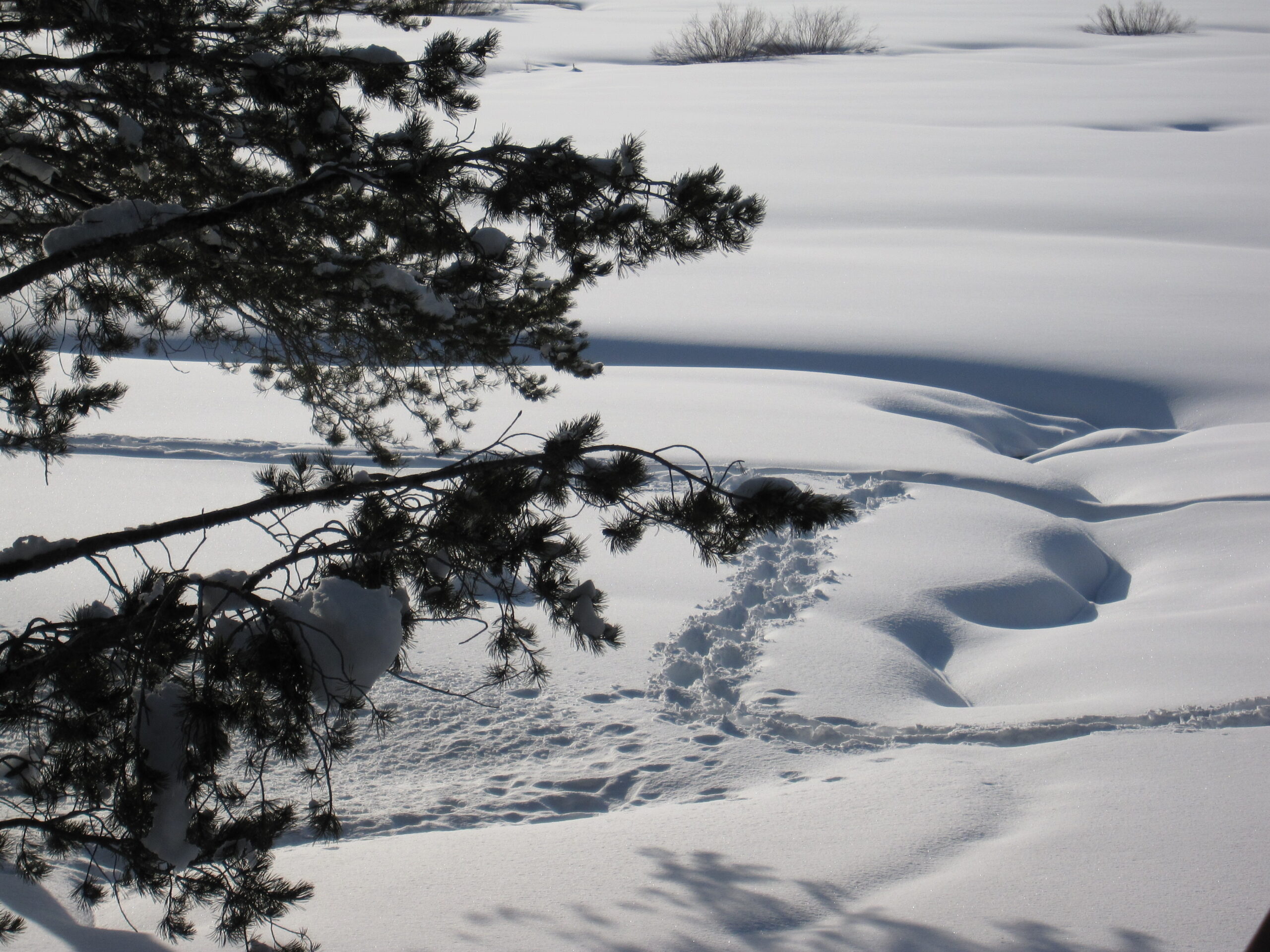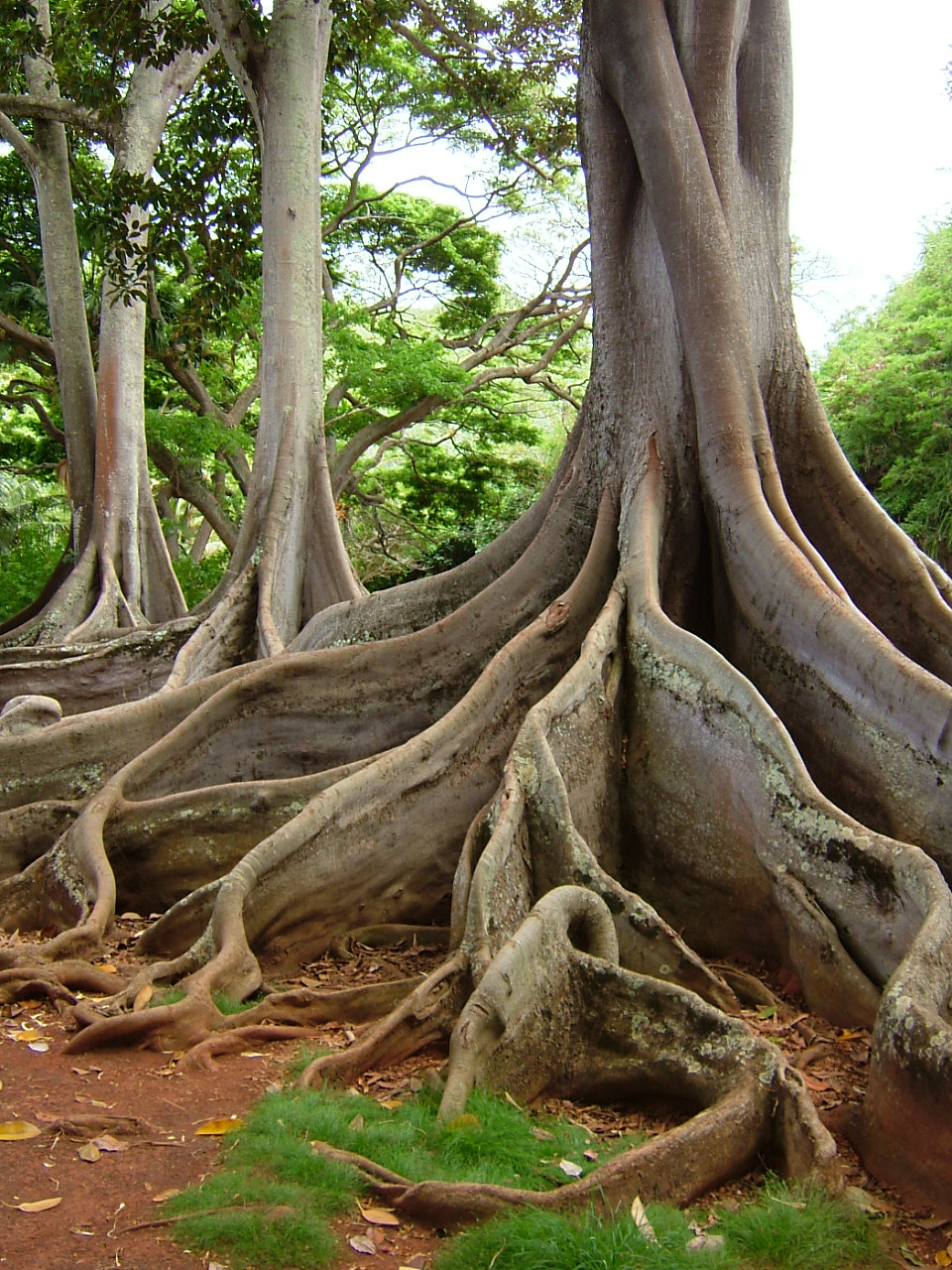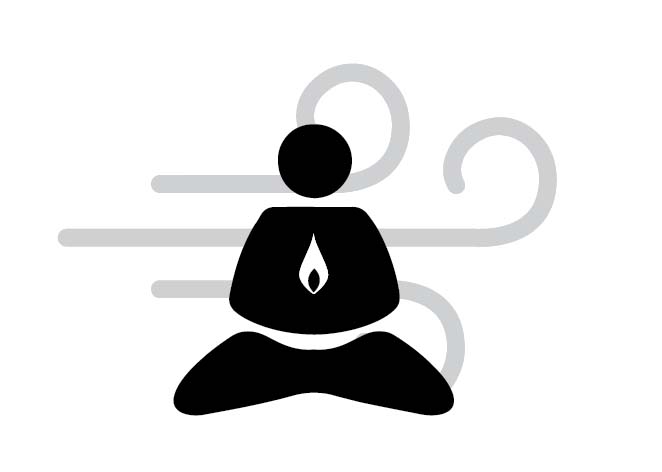And Now A Spiritual Revolution
There is hope in the world. Many folks are attempting to live in harmony with current reality. They are writing a ‘New Story’ of humanity. Some are living in intentional communities, and some are realigning their lifestyle in more conventional settings. They are reducing their footprint on our precious habitat and turning to a more sustainable source of fulfillment and joy: personal relationships. They are engaging in 'voluntary simplicity' as Duane Elgin puts it.
Of course, this is not 'new': human fulfillment has been found in personal and family relationships all along. But, in our modern world, many are isolated and alienated, and many have turned to other sources of fulfillment which are based on material gain and consumption which exploits the earth's resources unsustainably.
What is 'new' is that we now have a global problem. The scale of the dilemma is off the charts. So, our solutions to the problem need to be as well.
Contemplation may seem like an isolated practice, but it helps us to know ourselves better and love ourselves more, which allows us to relate more genuinely with others. By diving deep into our own consciousness, we access resources which allow us to be better companions and to be of greater service to the world at large.
This is what humanity needs at this moment especially! We need a spiritual revolution now if we as a species are to change from being the destroyers of our planet to responsible denizens of it.
We need to turn inwards to find sustainable joy and then turn outwards to live a kind of life that is environmentally sustainable. We do the former as individuals and the latter as a collective.
Freedom is not the capacity to do whatever you want. Freedom is the ability to do what your better self knows is right without being driven by compulsions and selfish conditioning.
Meditation can set us free from old patterns of thinking and behavior. To do this, we train our mind.
This I call taming the wind.
PEACE OF MIND CREATES
PEACE ON EARTH
Abiding joy is within us. The outer world is a platform or conduit for joy, but its source is inside us.


We can learn to quiet the mind, to create peace in our own lives. Then joy blossoms in us; we do not create it, we uncover it. This supreme education is training the mind: meditation.
Tame the Wind
Arjuna, who stands for you and me, asks Krishna, who stands for the divine being within us:
"O, Krishna, the stillness of divine union which
you describe is beyond my comprehension.
How can the mind, which is so restless,
attain lasting peace. Krishna, the mind is
restless, turbulent, powerful violent; trying to
control it is like trying to tame the wind."
The Bhagavad Gita, 6:33-34,
translated by Eknath Easwaran
